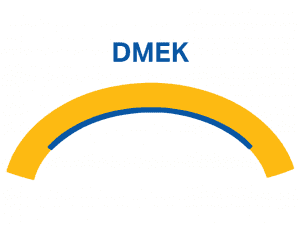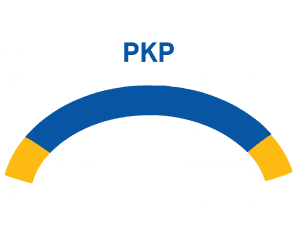Corneal Transplantation
Corneal transplantation is a procedure designed to replace part or all of a damaged cornea. Several different kinds of transplantation are possible, depending on the nature of the problem.
Corneal transplantation is a procedure designed to replace part or all of a damaged cornea. Several different kinds of transplantation are possible, depending on the nature of the problem.
Corneal Transplant Frequently Asked Questions
Why would I need a corneal transplant?
Certain corneal diseases can cause permanent damage to the cornea, either to its shape or clarity. Some of these diseases include Keratoconus, Fuchs Dystrophy, bullous keratopathy, various infections, and prior trauma.
Sometimes, corneal damage can be treated with medication, or addressed by glasses or special contact lenses.
Often, however, it is necessary to replace part of all of the cornea to restore normal vision.
How invasive is a corneal transplant?
Our clinic specializes in utilizing the least invasive, most effective techniques and technologies for corneal transplantation in the world.
Therefore, for most patients, partial corneal transplantation can be considered a minor procedure, possible using local anesthesia within the specialized procedural wing of our office.
Complete corneal transplantation and artificial corneal transplantation remain significantly more invasive options, which is why they are reserved only for eyes with much more significant damage.
Where will my transplant be performed?
Corneal transplantation may be performed within the dedicated procedural wing of our office, or in a hospital, depending on the patient and the anticipated complexity of the operation.
What is the cost of corneal transplantation?
Most insurance plans cover the cost of corneal transplantation. In cases in in which insurance coverage is unavailable, the out-of-pocket cost varies according to the type of transplant performed.
Types of Corneal Transplants
Endothelial Transplants (including DSAEK, PDEK, and DMEK)
Endothelial transplants (including DSAEK, PDEK, and DMEK) are partial corneal transplants designed to correct diseases of the back of the cornea (i.e. the corneal endothelium), including Fuchs Dystrophy and Bullous Keratopathy.
Anterior Lamellar Transplants (including DALK)
Anterior lamellar transplants (including DALK) are partial corneal transplants designed to correct disease of the front of the cornea, including keratoconus and corneal scarring from prior infections.
Complete Corneal Transplants (including Penetrating Keratoplasty)
Complete corneal transplants (including penetrating keratoplasty) are full corneal transplants, designed for people who have problems with both the front and the back of the cornea.
Artificial Corneal Transplants (including Boston Keratoprosthesis)
Artificial corneal transplants (for example, the Boston Keratoprosthesis) are full corneal transplants using an artificial cornea, designed for eyes with problems with the front and the back of the cornea, but which are too sick for / not candidates for regular complete corneal transplantation.







